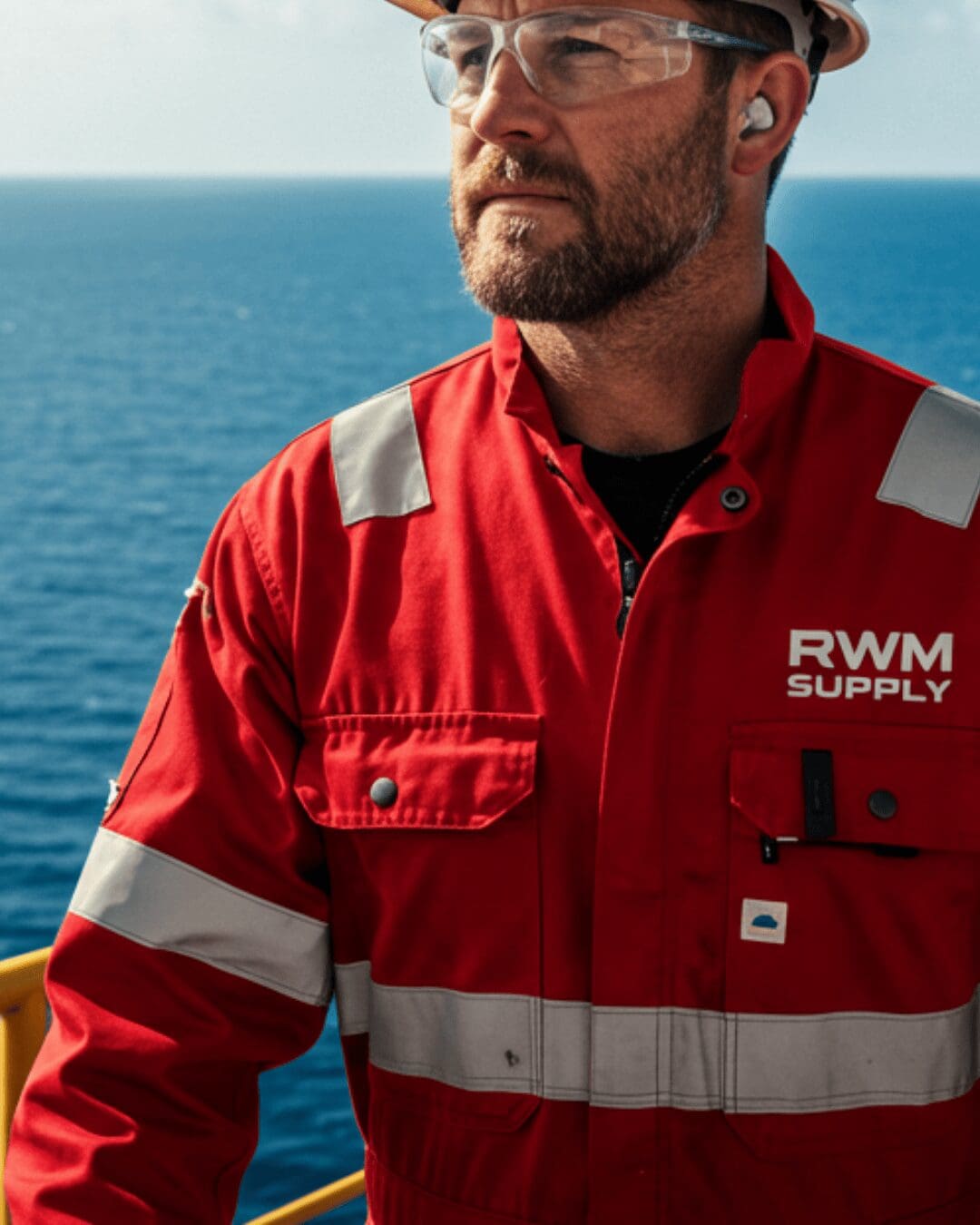Safety Doesn’t Start Offshore — It Starts with What You Bring Onboard
When you’re managing offshore operations, every tool, cable, glove, and control system must meet more than just performance standards — it has to meet survival standards. Salt exposure, explosive atmospheres, high pressure, vibration, and unpredictably harsh conditions aren’t the exception. They’re the rule.
That’s why “offshore-certified” isn’t just a marketing term. It’s a necessity.
At RWM Supply, we specialize in sourcing and exporting equipment that meets the specific certifications, materials requirements, and design tolerances demanded by offshore environments — because we know your crew, compliance, and uptime depend on it.
What Does ‘Offshore-Certified’ Actually Mean?
Offshore-certified equipment refers to tools, gear, or components that meet strict international standards for use in hazardous or extreme marine environments.
These standards may include:
Put simply: if your equipment isn’t built and certified for offshore — it doesn’t belong offshore.
What Types of Equipment Require Certification?
While requirements vary by operation, here are some of the most commonly certified categories we source and deliver:
If it powers, protects, connects, or controls something in an offshore setting, it likely requires formal approval for safety and insurance purposes.
The Risk of Using Non-Compliant Equipment
Using uncertified or poorly documented equipment isn’t just risky — it’s often non-compliant with international safety regulations.
Risks include:
-
Crew safety hazards in explosive or corrosive environments
Operational downtime due to early failure or inspection failure
Insurance violations or fines for non-compliance
Delays at customs or port due to lack of proper documentation
At RWM, we ensure that the equipment we export is not only ready to perform, but also ready to pass inspection — whether it’s by regulators, clients, or insurers.
Why Work With a Supply Partner Who Understands Certification
Offshore certification isn’t just about the product — it’s about the paperwork that proves it.
We don’t just ask “Is it available?” — we ask:
When you source through RWM, you gain access to equipment that’s properly spec’d, documented, and delivered for high-stakes operations.
Sourcing for Offshore? Don’t Assume — Be Sure.
Let RWM Supply help you find equipment that’s more than functional — it’s field-proven, regulation-compliant, and ready to perform under pressure.
📩 Request a Quote or contact our team at sales@rwmsupply.com
